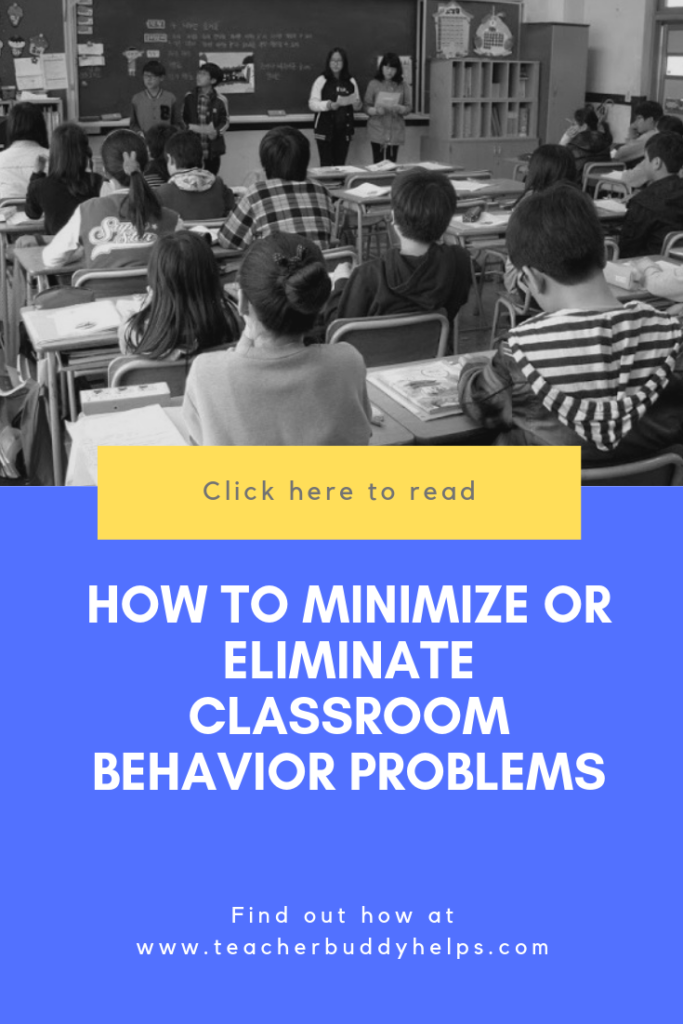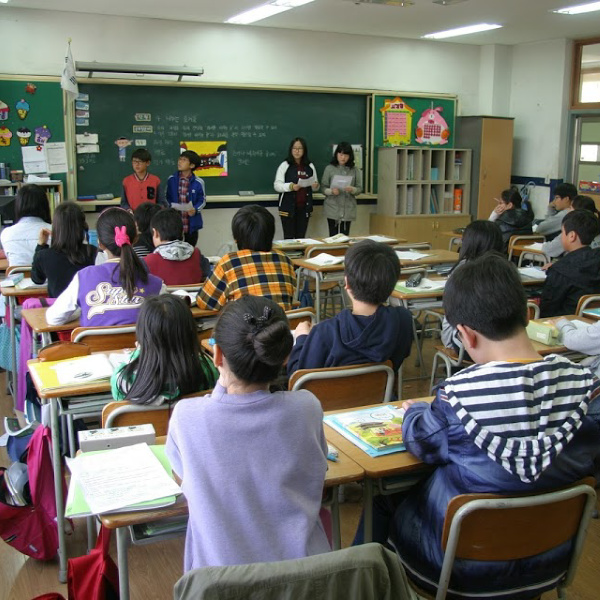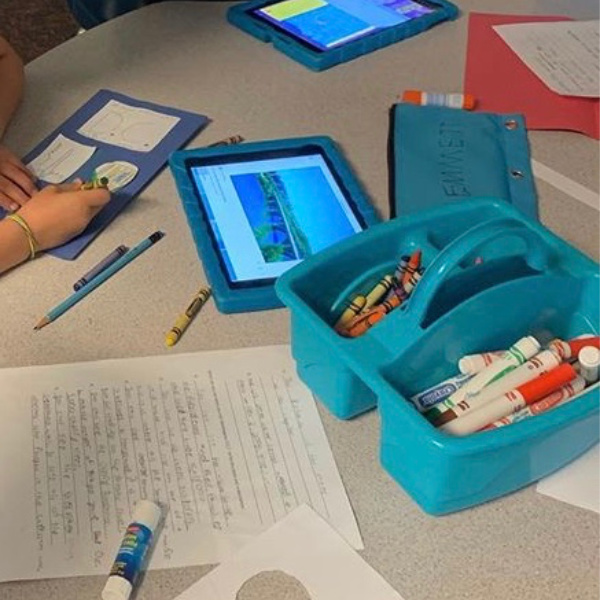Minimizing and/or Eliminating Behavior Issues in Elementary School

How to minimize and/or eliminate classroom behavior problems. When I first decided to write this article on behavior issues in class, I told myself; “BOY, are you opening a can of worms with this topic!”
I can’t promise that I know all the magic tricks. Or that I can completely eliminate all behavior issues in every class, every grade level, every school – all over. If I could do that, I’d be a millionaire, wouldn’t I (wink)?

This inability to have a foolproof answer is mainly because each situation, each child, each classroom, each teacher is unique. So, therefore, no one thing will work in all instances.
But, I will list different strategies that worked for me over my years in the classroom and as an administrator. And hope that my examples will help you in some
THINK ABOUT THE STUDENT
I have come to believe that most behavior issues stem from a student’s CRY for attention or HELP. Most teachers become fairly good at redirecting the average misbehavior from the average child/students.
So, this article is about working with the others; the ones who won’t listen, who won’t comply, who continue to defy you. WHAT DO YOU DO?
When I taught Kindergarten and First Grade I would give a few chances. And then I would move him/her away from the others who are behaving and trying to get their work done or pay attention.
Sometimes this meant seating them RIGHT NEXT TO THE INSTRUCTIONAL TABLE. You might want to read my post on the perfect classroom set up). Being close to me they were within the range of me being able to touch their paper to remind them to pay attention. Other times I moved a small wiggly boy from the front near me. Instead, I put him in the very back so that other students wouldn’t be so distracted by his inability to sit still.
I have written a Classroom Routines Checklist that you can download for FREE here. Just send me your email address and I will zip it right over to you.
**
Complete a Referral for testing if needed.
You may need to complete a student behavioral referral for him/her. He/she may need medical help with the problem. Often times, the behavior was stemming from ADD or ADHD. And often, in many cases, getting the needed medication really helped that child FOCUS and thus BEHAVE.
With older students, remain in charge, but don’t become so stubborn in your “I’m in charge and you WILL do as I say” attitude. You don’t want it to completely fog your ability to see that this behavior is a CRY for help.

With that being said, I will provide a few ways that I handled behavior issues over the
- As mentioned above, use proximity as a tool. If you are teaching in front of the whole class, walk near that desk while you are talking; sometimes this gets him/her to quiet down or stop whatever he/she is doing.
- Establish a warning system and use it consistently.
- Don’t have a system that takes recess away from this student every day. Many of these students need to run and play and get the energy out. Taking that away from them every day will wear you out and build resentment inside of them.
- You might even try having students stand up and do some quick stretches and/or exercises. Then move on to the next content item. This might be helpful, but if he/she has a difficult time sitting down then re-think that strategy. See my earlier post entitled: “How Often Do Students Need Breaks?”
You might also be interested in another article that I wrote. You can read it here.
Try something new and different
- Consider assigning the misbehaving student a special job. One year I worked it out with the office clerk to send him up to the office to “get something.” I did this when he OR I needed a little break from the situation. The clerk knew that when he arrived she was to make him wait a few minutes. Then she would give him a sealed envelope to bring to me.
- Ask another teacher in your grade level if you can send him/her over for a designated time period in order to give you a break. Be sure to do the same for her/him if they have a difficult student.
- If the student needs EXTRA care from you, find a way to explain this to the class (without him in the room). Use words they can understand so that there is no resentment when you discipline him differently (as in “outiside” of your standard class behavior plan). Most students “get it” that he/she is acting differently, and they will be glad you are trying to help the situation. If you choose to go this route, keep in mind that some of your students will tell this to their parents. You may have to explain things to them (or your principal) if they ask (while still maintaining confidentiality for the misbehaving student). This can get tricky.
Get help from others
- Have a code word that you say to the student that lets him know that he has begun to act inappropriately.
- if possible, ignore the inappropriate behavior and PRAISE the child when he/she is acting appropriately, (even if it is a little thing you are praising him/her for).
- If you MUST refer him/her to the principal or assistant principal, be sure that you list all the prior interventions you have tried or used so that the full picture is understood.
- Even better, make an appointment with the assistant principal (or whoever handles discipline at your school) as soon as you are beginning to have issues with this student – even if it’s the first week of school in August or September. This one tip can be hugely important down the road when/if something REALLY BIG happens and you need the administration to back you up.
Let the office know!
- The sooner the school knows that this student is a MAJOR behavior issue, the more support you will get for getting a referral meeting scheduled, for help with the parents, for a physician referral for ADD or ADHD. This is especially important for Kindergarten and First Grade teachers AND for students new to the school who “act up” right away.
- One of the worst things to happen is to have a third-grade teacher come in to discuss a behavior problem child who tells the principal that the K, 1st, and 2n teachers also had issues with him/her BUT THERE IS NO DOCUMENTATION OF THEIR ISSUES WITH THE BEHAVIOR IN ANY RECORDS IN THE SCHOOL (and none of them have told an administrator). Sometimes if the K or 1st-grade teacher is fairly new, or just moved down to that grade level, the teacher might think this behavior is common or just part of the developmental stage – or worse yet, they doubt their own ability because they don’t have it under control.Let the Administration know about the student! It’s important. If you have a good administrator, he/she may be able to observe the student and offer you suggestions for intervention and/or speed up the referral process for the child.One year, as principal we had a student who ended up getting glasses in the third grade. No teacher before had thought to refer him for vision testing (he had moved recently from another state)>. Can you imagine going through the first three years in school not being able to see print or the marker board very well?
What about Field Trips?
- If you know early on that there is NO WAY you are taking the child on the Spring Field Trip, don’t tell him/her this ahead of time. This will only increase the misbehavior because now he doesn’t have something to try to work towards.Be sure to tell your administration about your decision, and have documentation of what the child has done and the consequences that have been given out. If you choose to go this route, BE SURE that you have communicated ALL YEAR LONG with his parents about all the issues you are having with him. And let the Principal know how many times you have contacted the parents, so he/she can back you up. It does you NO GOOD to have parents telling the principal that they had no idea that their child has been acting badly in class.And believe me, they will go complain to the principal. One thing to consider in this situation is to tell the parent that he/she must accompany their child on the field trip and assume all responsibility for him/her on the trip.
- As you can see, many of these ideas are “trial and error” situations. And what works one year with one student may not work the next year with a different student.
One of my Experiences –
Once as a new administrator I was attending an IEP meeting where much of the discussion was on the student’s behavior problems. This was my first IEP as the “administrative representative” on the team, and
First of all, the school had already had problems with the father. He was known for his verbal outbursts at the school. So we had a police officer assigned to our district (the SRO) wait in our office during the meeting.
In the middle of the meeting, I mentioned that part of my job was to advocate for all the students in the class. Becau
That father BLEW UP IN MY FACE! He told me I had no right to bring any of that up since that meeting was about his son and not any other student; and that he knew his rights as a parent, etc. I was SHELL SHOCKED by his outburst since I had not dealt with him before.
You see, in my administrative courses, we had discussed the fact that the administrator needs to be
It is tiring to deal with daily
And as a prior classroom teacher, I had memories of how much time teachers end up spending on these misbehaving students. And that the class is never able to recoup that lost instructional time, and the other students suffer from that.
I share this story as an example of the fact that sometimes students have these issues because of poor parenting. I’m sure you all know this; and, like me, are just trying to make it through the day, the week, the year.
I am certain (just my beliefs, not based on statistics or research) that most of the teacher dissatisfaction with their profession is tied to student behavior issues. Many do not feel supported while trying to deal with disruptive students.
Most people who enter the teaching profession truly love to teach and many truly love children. But dealing year in and year out with unruly students can become draining.
But PLEASE HANG IN THERE!!
You can control and minimize student behavior; remember to ask for help if your need to.
AMERICA NEEDS CARING TEACHERS LIKE YOU!
Your Teacher Buddy







Dear TB,
Thanks for the great article, and for being an administrator who remembers what it’s really like to be in the trenches!
I’m glad you liked the article. Yes, I remember and support all you teachers!
Dawn
I wish I had a supportive Admin. It is my first year teaching K and I have student with major behavioral issues. I have now been blamed for the students behavior and they have requested a district coach for me. They say I am blaming the student instead of trying to do more things in the classroom yet they cannot give me any ideas of what Im doing wrong. I am scared for my job and want to cry everyday. They say I call for help too much so now I have given up asking for help and know I am truly on my own and I can only pray that my coach can see what I’ve been going through with this student.
Hi Casey,
I am so sorry you are having these issues in your first year. Just know that first years are difficult for all teachers. My advice is to see if there is a teacher on campus that you can send this student to when you need him/her away from class. That teacher doesn’t necessarily have to be in your grade level. Offer to do the same for that teacher too. I hope things improve.
Sincerely, Dawn
Teacher Buddy Helps